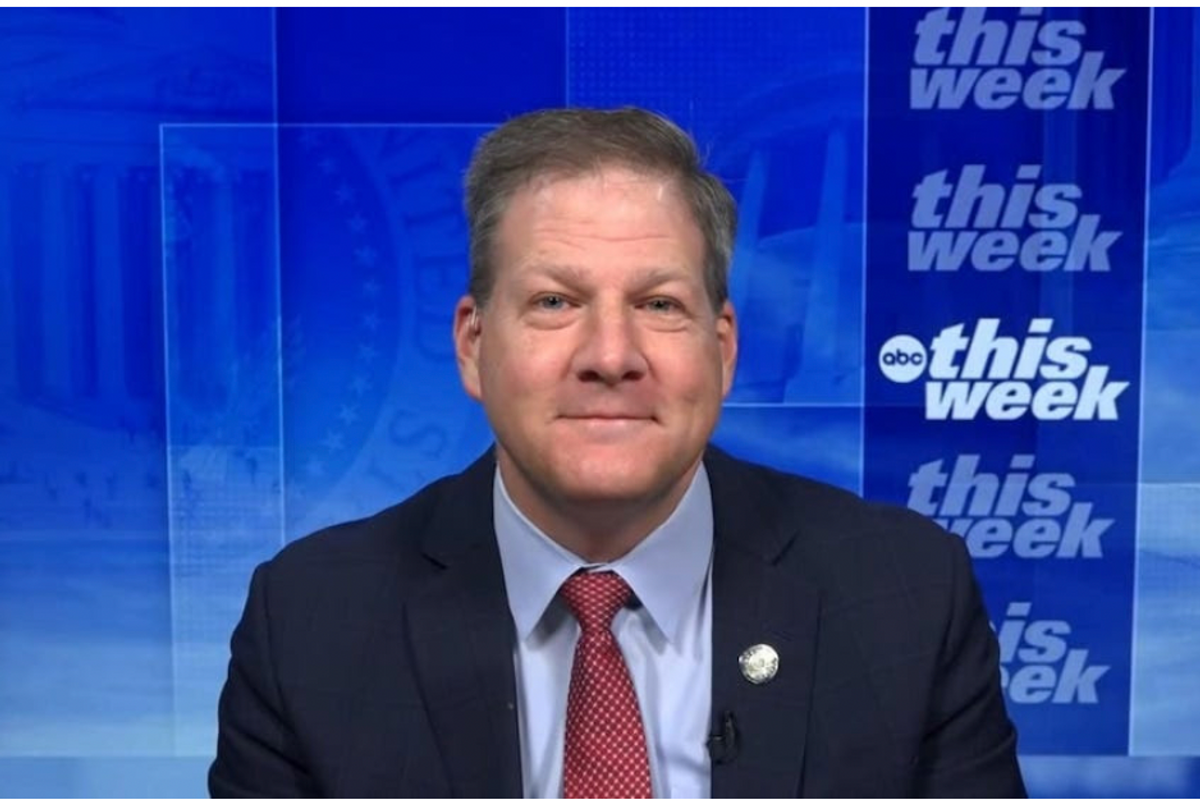We have seen the world created by the Supreme Court’s Citizens United decision, and it doesn’t work. Oh, yes, it works nicely for the wealthiest and most powerful people in the country, especially if they want to shroud their efforts to influence politics behind shell corporations. It just doesn’t happen to work if you think we are a democracy and not a plutocracy.
Two years ago, Citizens United tore down a century’s worth of law aimed at reducing the amount of corruption in our electoral system. It will go down as one of the most naive decisions ever rendered by the court.
The strongest case against judicial activism — against “legislating from the bench,” as former President George W. Bush liked to say — is that judges are not accountable for the new systems they put in place, whether by accident or design.
The Citizens United justices were not required to think through the practical consequences of sweeping aside decades of work by legislators, going back to the passage of the landmark Tillman Act in 1907, who sought to prevent untoward influence-peddling and indirect bribery.
If ever a court majority legislated from the bench (with Bush’s own appointees leading the way), it was the bunch that voted for Citizens United. Did a single justice in the majority even imagine a world of super PACs and phony corporations set up for the sole purpose of disguising a donor’s identity? Did they think that a presidential candidacy might be kept alive largely through the generosity of a Las Vegas gambling magnate with important financial interests in China? Did they consider that the democratizing gains made in the last presidential campaign through the rise of small online contributors might be wiped out by the brute force of millionaires and billionaires determined to have their way?
“The appearance of influence or access, furthermore, will not cause the electorate to lose faith in our democracy.” Those were Justice Anthony Kennedy’s words in his majority opinion. How did he know that? Did he consult the electorate? Did he think this would be true just because he said it?
Justice John Paul Stevens’ observation in his dissent reads far better than Kennedy’s in light of subsequent events. “A democracy cannot function effectively,” he wrote, “when its constituent members believe laws are being bought and sold.”
But ascribing an outrageous decision to naivete is actually the most sympathetic way of looking at what the court did in Citizens United. A more troubling interpretation is that a conservative majority knew exactly what it was doing: that it set out to remake our political system by fiat in order to strengthen the hand of corporations and the wealthy. Seen this way, Citizens United was an attempt by five justices to push future electoral outcomes in a direction that would entrench their approach to governance.
In fact, this decision should be seen as part of a larger initiative by moneyed conservatives to rig the electoral system against their opponents. How else to explain conservative legislation in state after state to obstruct access to the ballot by lower-income voters — particularly members of minority groups — through voter identification laws, shortened voting periods and restrictions on voter registration campaigns?
Conservatives are strengthening the hand of the rich at one end of the system and weakening the voting power of the poor at the other. As veteran journalist Elizabeth Drew noted in an important New York Review of Books article, “little attention is being paid to the fact that our system of electing a president is under siege.”
Those who doubt that Citizens United (combined with a comatose Federal Election Commission) has created a new political world with broader openings for corruption should consult reports last week by Nicholas Confessore and Michael Luo in the New York Times and by T.W. Farnam in The Washington Post. Both accounts show how American politics has become a bazaar for the very wealthy and for increasingly aggressive corporations. We might consider having candidates wear corporate logos. This would be more honest than pretending that tens of millions in cash will have no impact on how we will be governed.
In the short run, Congress should do all it can within the limits of Citizens United to contain the damage it is causing. In the long run, we have to hope that a future Supreme Court will overturn this monstrosity, remembering that the first words of our Constitution are “We the People,” not “We the Rich.”
E.J. Dionne’s email address is ejdionne(at)washpost.com.
(c) 2012, Washington Post Writers Group


